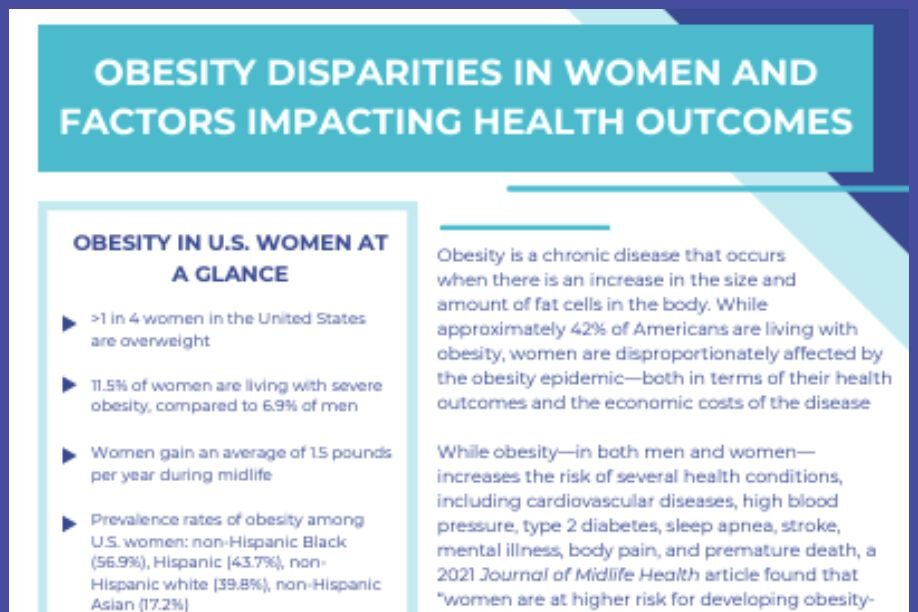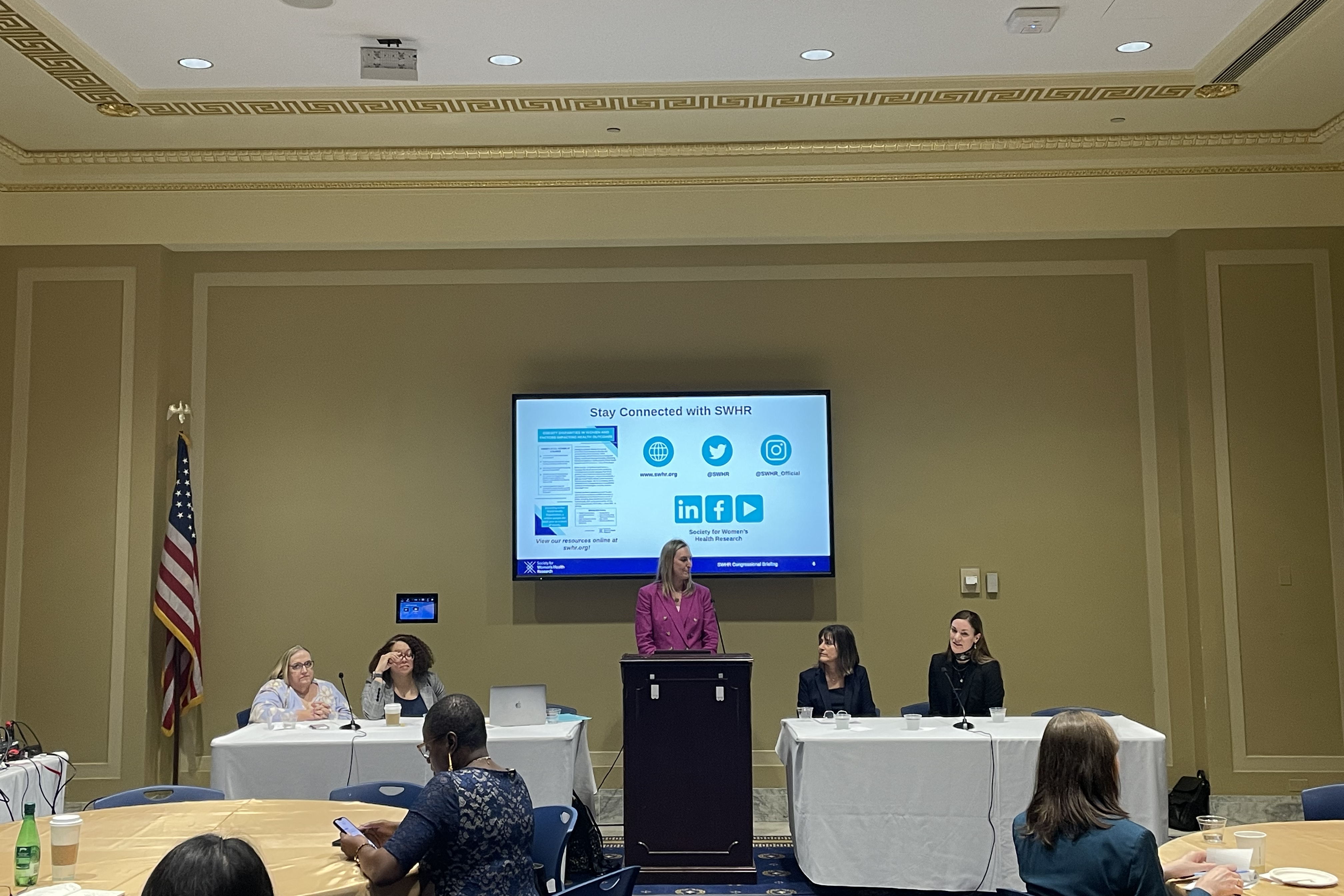Explore Other Focus Areas
Alopecia Areata – Alzheimer’s Disease – Atopic Dermatitis – Autoimmune Diseases – Bone Health – Diagnostics – Endometriosis – Expanded Carrier Screening – Eye Health – Fertility – Heart Health – HPV & Related Diseases – Liver Health – Lupus – Maternal and Infant Health Disparities – Menopause – Migraine – Narcolepsy – Noninvasive Prenatal Screening – Obesity – Polycystic Ovary Syndrome – Psoriatic Arthritis – Sleep Health – Urology – Uterine Fibroids – Vaccines







